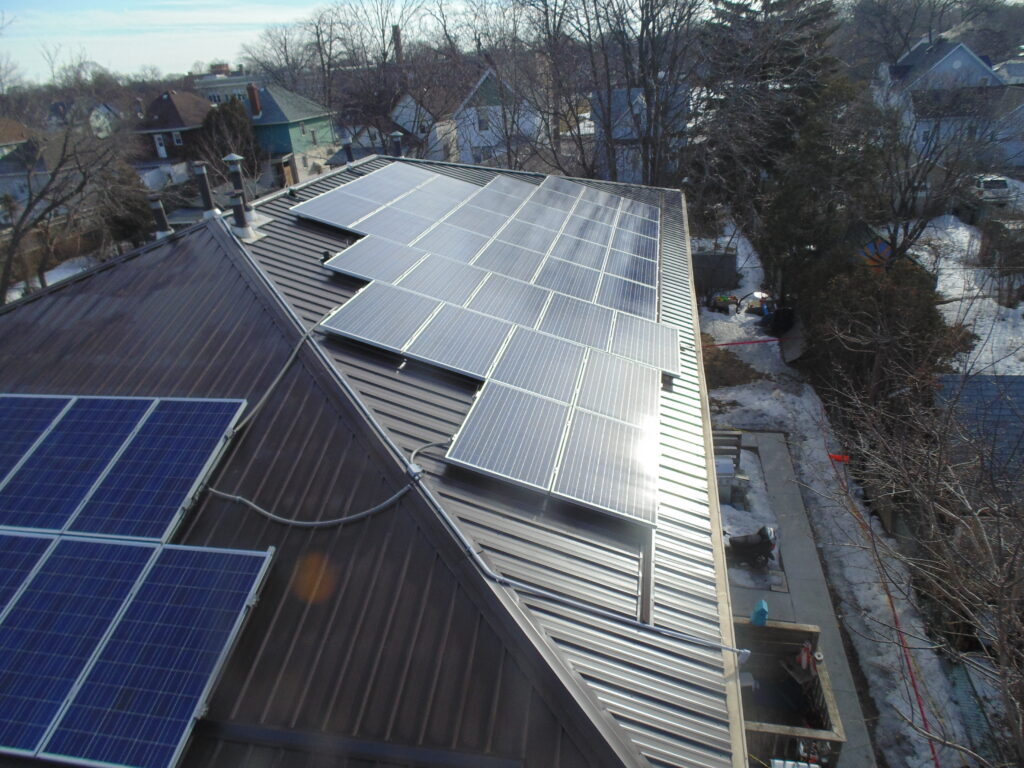The idea of converting the roofs of all houses to solar panels is appealing and aligns with the concept of widespread adoption of solar energy to reduce dependence on fossil fuels and mitigate environmental impact.
- Cost: While the cost of solar panels has significantly decreased over the years, the upfront cost of installing solar panels on every house can still be substantial. This cost includes not only the solar panels but also the inverters, wiring, and installation. Government incentives and subsidies can help mitigate these costs, but they may not be universally available or sufficient.
- Infrastructure Compatibility: Some roofs may not be suitable for solar panel installation due to their design, orientation, shading, or structural issues. Renovations or modifications may be required to make roofs compatible with solar installations.
- Aesthetic Concerns: Some homeowners may be concerned about the visual impact of solar panels on the aesthetics of their homes and neighborhoods. This can be a subjective issue and may require careful planning and design considerations.
- Regulatory and Zoning Challenges: Local regulations and zoning laws may impose restrictions on the installation of solar panels, affecting the ability to implement widespread adoption uniformly. Streamlining and simplifying permitting processes could help address these challenges.
- Technological Advancements: The efficiency and aesthetics of solar panels are continually improving, and it may be beneficial to wait for further technological advancements before committing to widespread adoption. This could result in more cost-effective and aesthetically pleasing solutions.
- Energy Storage: Solar panels generate electricity when the sun is shining, but not necessarily when energy demand is at its peak or during the night. Integrating energy storage solutions, such as batteries, is crucial to ensure a reliable and consistent power supply.
- Grid Infrastructure Upgrades: A widespread adoption of solar panels would necessitate upgrades to the existing electrical grid infrastructure to handle distributed energy generation. Smart grid technologies would be essential for effective integration.
- Maintenance and Repairs: Solar panels require periodic maintenance, and repairs may be needed over time. Ensuring a reliable system for maintenance and repair services is crucial for the long-term success of widespread solar adoption.
Despite these challenges, many regions are actively promoting and incentivizing the installation of solar panels on residential rooftops. As technology advances, costs decrease, and policies become more supportive, the widespread adoption of solar panels on houses is likely to become more feasible and commonplace. Community and government initiatives play a crucial role in driving the transition to a more sustainable and solar-powered energy landscape.


